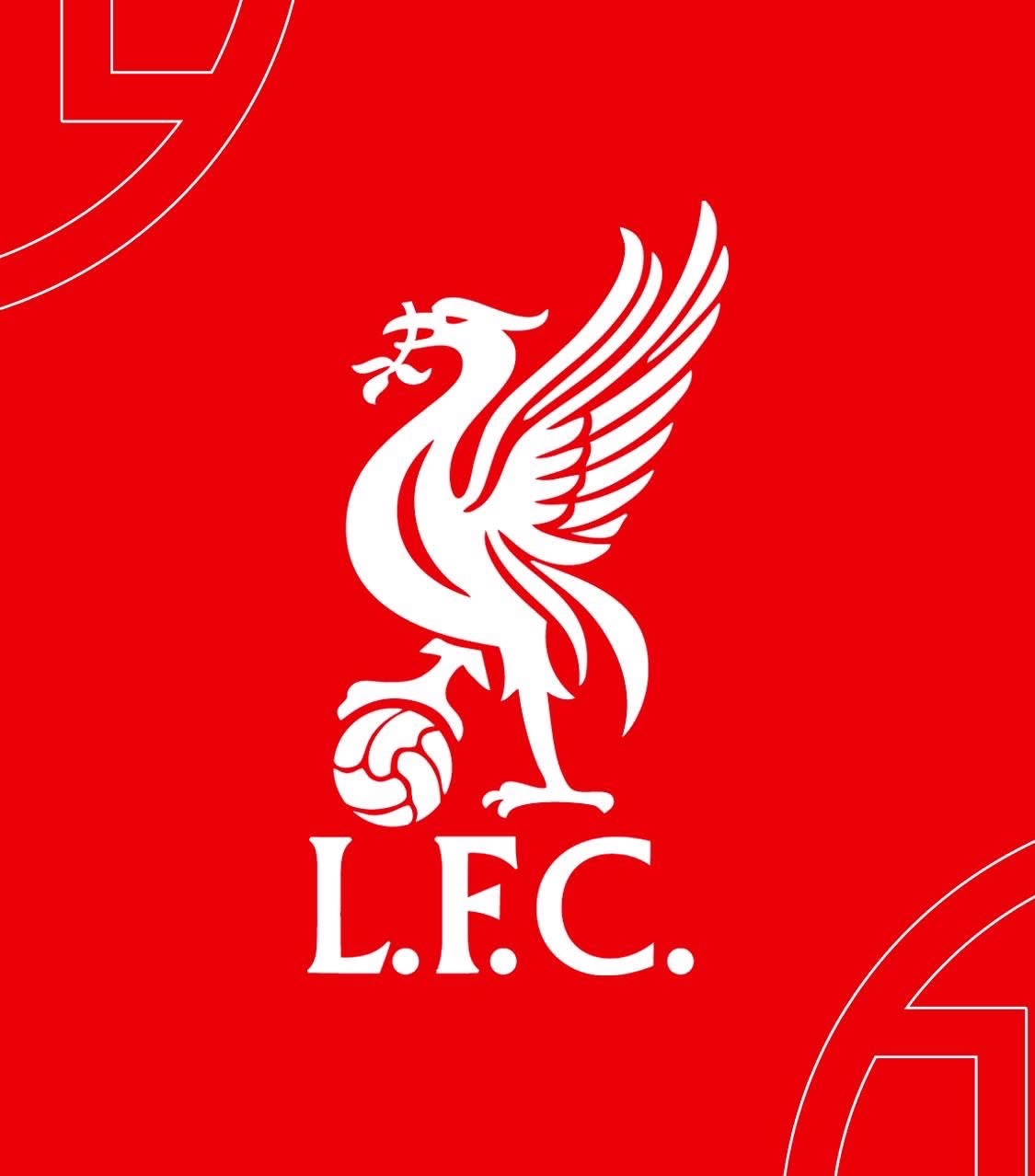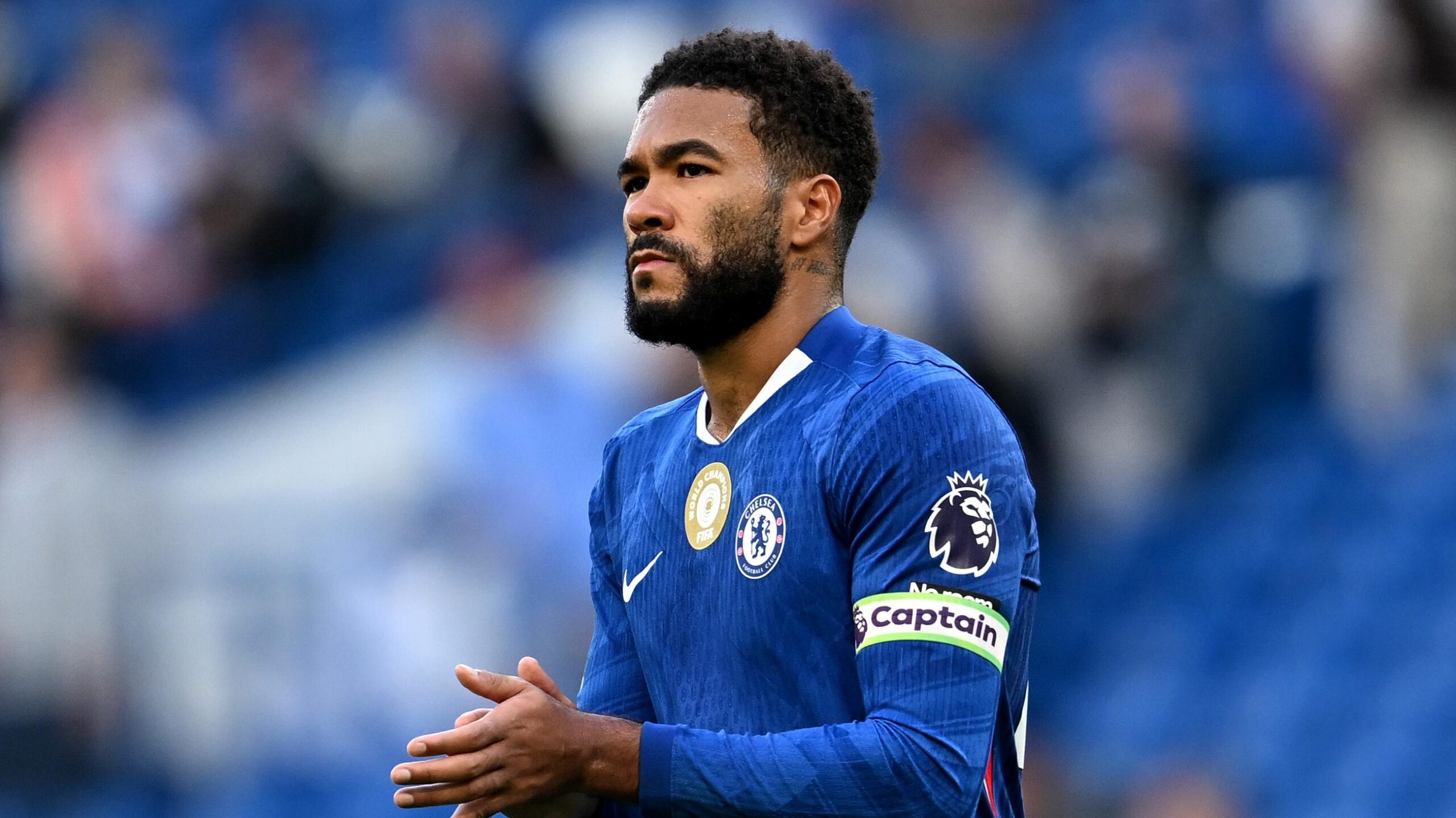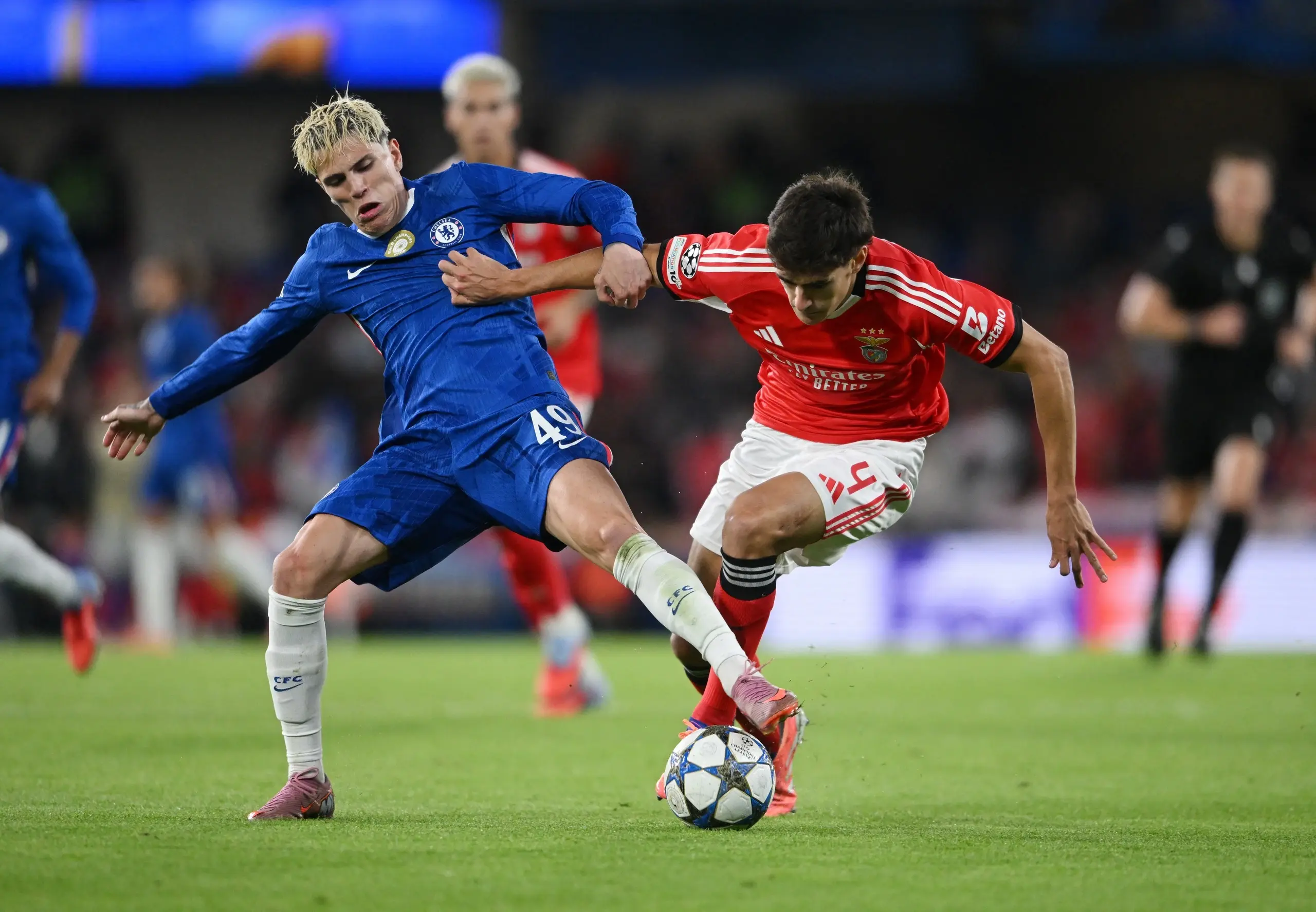Premier League Opener Overshadowed as Racist Abuse Halts Anfield Clash
The start of the 2024/25 Premier League season, which should have been a festival of football and anticipation, was marred by a shameful incident at Anfield. Just half an hour into Liverpool’s opening match against Bournemouth, referee Anthony Taylor took the extraordinary step of pausing play after reports emerged that Bournemouth forward Dango Ouattara Semenyo had been subjected to racist abuse from the stands.
What was meant to be a celebration of the return of English football instead turned into a sobering reminder that racism continues to cast a long shadow over the sport. That the incident occurred during the opening game of the season — in front of millions watching worldwide and inside one of the most iconic stadiums in football — only deepened the sense of shock and disappointment.
Until that moment, the contest had unfolded in typical season-opening fashion, with both teams finding their rhythm and supporters filling Anfield with their usual passion and energy. But the positive atmosphere was shattered when Semenyo, a Ghanaian international increasingly making his mark in the Premier League, alerted match officials that he had been targeted by racist abuse from a Liverpool fan.
Referee Anthony Taylor acted swiftly, stopping the match and gathering both teams in the center circle. The decision reflected the Premier League’s zero-tolerance stance on discrimination and demonstrated that protecting the dignity and safety of players comes before the flow of the game.
Inside the stadium, confusion quickly gave way to concern. As news spread across social media and among fans, the seriousness of the situation became clear. Authorities responded decisively: Merseyside Police, working alongside Liverpool FC’s security team, identified and ejected a 47-year-old man within minutes. Surveillance systems, witness reports, and CCTV footage all contributed to the remarkably swift action — a sign that football has developed the tools to act quickly, even in stadiums hosting over 50,000 supporters.
An eyewitness later confirmed that the racist abuse was not a casual outburst but a deliberate, targeted attack delivered loudly enough to be heard clearly by those nearby. Semenyo’s immediate reaction — visibly distressed but determined to bring the matter to the officials — showed both courage and professionalism.
Liverpool FC moved fast to condemn the incident. In a strongly worded statement, the club reaffirmed its zero-tolerance policy toward racism, issued an apology to Semenyo and Bournemouth, and pledged full cooperation with the police investigation. The club also announced an internal inquiry to ensure accountability and strengthen preventative measures going forward.
On the pitch, solidarity was evident. Bournemouth players gathered around Semenyo in support, while several Liverpool players approached him to offer encouragement. This unity sent a powerful message: racism has no place in football, and players — regardless of club affiliation — will stand together against it.
When the game eventually resumed, the energy of the occasion had shifted. The joy and anticipation of the Premier League’s grand return were replaced by a more subdued atmosphere, yet Semenyo’s resilience stood out. Despite the abuse, he carried on playing with composure, earning praise for his refusal to be silenced by hatred.
This incident is yet another reminder that, despite decades of campaigns such as Kick It Out, racism has not been eradicated from football. Laws, bans, and rapid responses are vital, but true progress requires deeper cultural change and education. Fans must also play their part by speaking out, rather than staying silent, when such abuse occurs.
For the Premier League, the timing could hardly have been worse. What should have been a showcase of the competition’s global appeal became a wake-up call broadcast around the world. The message is clear: football authorities, clubs, players, and fans must redouble efforts to ensure that the “beautiful game” is truly inclusive.
As the season progresses, the hope is that this dark moment at Anfield becomes not just another statistic, but a catalyst for stronger collective action. Racism has no place in football — and the sport’s credibility depends on proving that message with consistent, decisive action.






